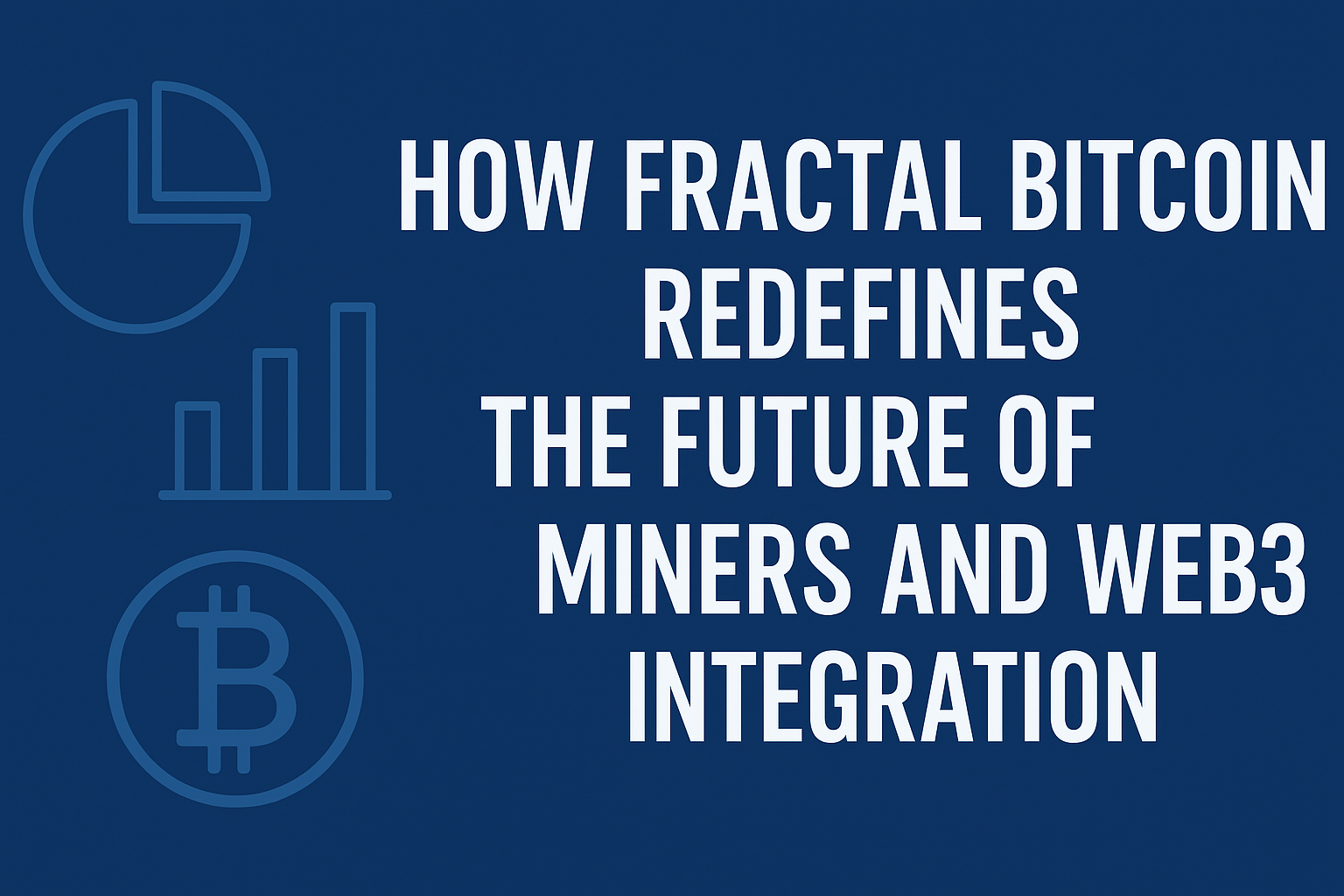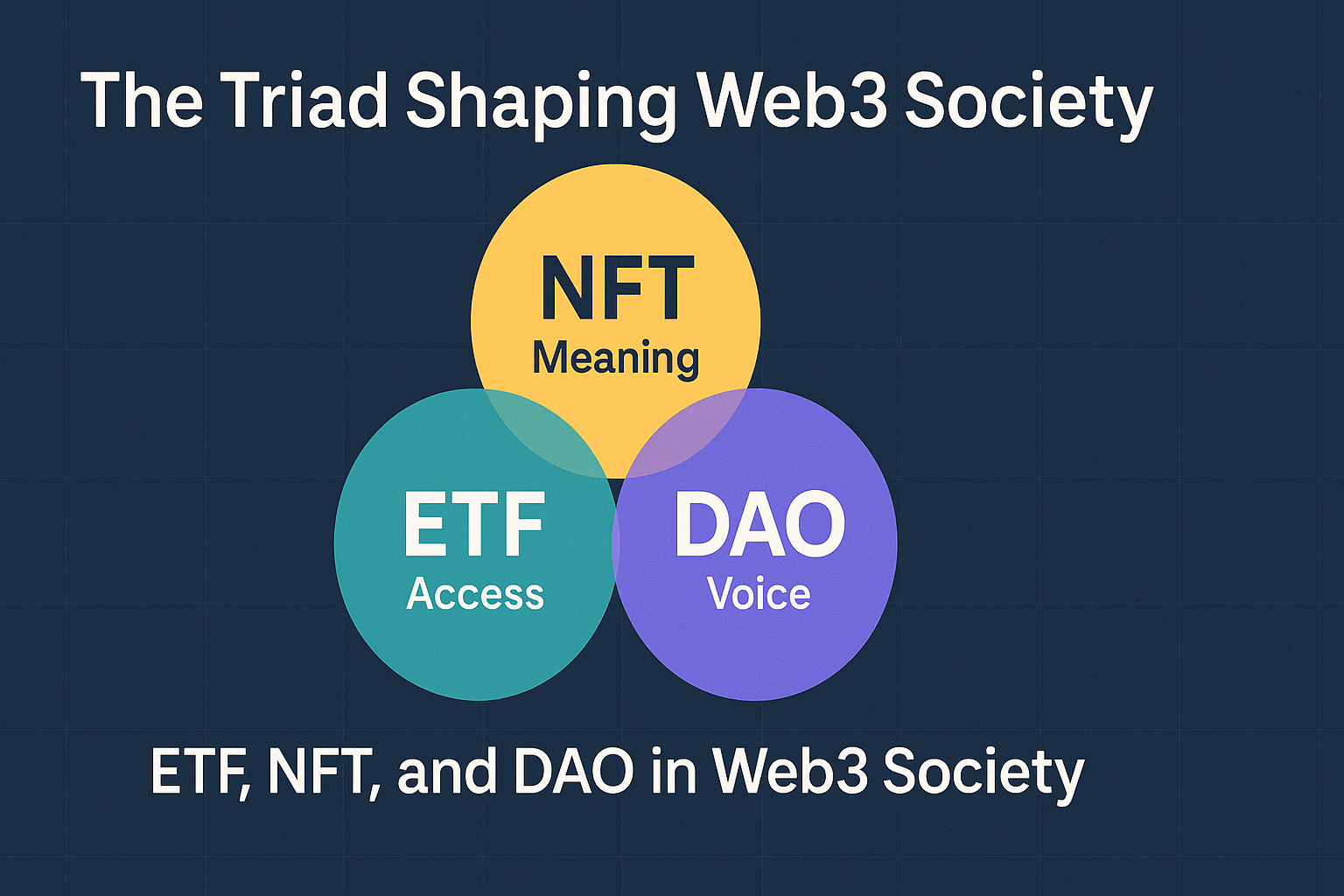What is Fractal Bitcoin? Purpose and Features
Fractal Bitcoin is a Layer 2 scaling solution designed to address Bitcoin’s biggest challenges: limited scalability, slow transaction speeds, and high fees. Unlike Lightning Network, Fractal leverages merged mining and sidechain architecture to secure high throughput while retaining Bitcoin-level security.
🧠 Key Features:
- Fast, low-cost payments
- Sidechain architecture for flexibility
- Merged mining with existing Bitcoin hashpower
- Open participation and potential for regulatory compliance
| Feature | Fractal Bitcoin | Lightning Network | Ethereum L2 (e.g., Arbitrum) |
|---|---|---|---|
| Speed | Fast | Fast | Fast |
| Security | Shared with BTC | Channel-based | Linked to ETH Mainnet |
| Openness | High | Medium | High |
| Use-case Versatility | Focused on BTC | Focused on BTC | DApp, DeFi, NFT compatible |
📊 Visualization: Fractal Bitcoin Architecture & Capabilities
- Foundry – Largest mining pool supporting Fractal
- Other Pools – AntPool, ViaBTC, etc.
- Security Features – Cryptographic strength and consensus
- Scalability Benefits – Transaction throughput
- New Use Cases – NFT issuance, DAO integration
💬 Author’s Insight:
Blockchain is no longer just a financial protocol—it’s infrastructure for digital societies. Fractal Bitcoin serves as the foundation for decentralized, community-driven economies in the Web3 era.
The Impact of Controlling 93% Hashrate
Bitcoin Network Hashrate Distribution (2025 Est.)
Fractal Bitcoin + Foundry now accounts for 93% of Bitcoin’s hashpower. This signals a major power shift in mining dynamics.
🔥 What it means:
- Massive consolidation = better coordination, but centralization risks.
- Higher efficiency for Layer 2 validation.
- Greater influence over Bitcoin’s future trajectory.
🧠 Risks vs Rewards (Balance Needed):
| Pros | Cons |
|---|---|
| Higher network stability | Potential single-point-of-failure |
| Revenue boosts for miners | Smaller miners pushed out |
| Easy integration into Web3 | Regulatory scrutiny intensifies |
💬 Author’s Insight:
When mining consolidates, Bitcoin may face its greatest test—not from technical flaws, but from socio-political tension over who “controls” the chain.
🔧 How Miners’ Future is Transforming
Projected Changes in Miner Environment (2023–2025)
With Fractal Bitcoin, miners are no longer just hardware operators. They’re economic agents in a decentralized digital world.
📈 Projected Trends:
- More profit via sidechain rewards
- Lower security overhead
- Decreased market competition (favoring big players)
- Declining number of independent miners
💬 Author’s Insight:
To thrive in the future, miners must evolve from “hash warriors” to strategic participants in the broader crypto economy.
Mining Meets Web3: The New Alliance
Diversified Income Streams for Miners in the Web3 Era
Miners once stood outside the Web3 bubble. Not anymore. Fractal Bitcoin is their passport into the metaverse economy.
New Revenue Streams:
- Sidechain fees
- NFT mint support
- DeFi infrastructure roles
- DAO governance rewards
- Transaction relaying
💬 Author’s Insight:
In Web3, participation = power. Miners now have a seat at the governance table—something unthinkable in the old PoW world.
Fractal Outlook: Opportunities and Red Flags
Fractal Bitcoin may enhance miner stability and scalability, but it also introduces structural risks. We need to zoom out and assess its broader implications.
📈 Pros:
- New revenue models
- Interoperability with Web3
- Increased security and throughput
⚠️ Cons:
- Potential regulatory overreach
- Deviation from decentralization ethos
- Dependence on major pools like Foundry
💬 Author’s Insight:
In finance history, centralization often wins in the short term. But long-term resilience comes from distributed power—even in crypto.
Miners Reborn: From Power Machines to Web3 Architects
“Miners shaping the future of crypto economies? That’s a plot twist no one expected.”
Bitcoin mining used to be about hardware, electricity, and pure computation.
But Fractal Bitcoin changes the narrative.
Foundry’s involvement and 93% hash dominance? That’s no small signal.
It means miners are now at the heart of a new Layer 2 revolution—one that bridges PoW and Web3.
🔥 Fractal Isn’t Just Scaling—It’s a Paradigm Shift
- Multi-source revenues
- Web3-native roles
- Governance influence
- Sidechain infrastructure
- Global accessibility
🧨 But Here Comes the Shadow
- Centralization anxiety
- Regulatory spotlight
- Small players squeezed out
- Ethical debates on decentralization
✨ Still, the opportunity is undeniable.
Fractal is not merely a technology.
It’s a statement:
That miners can be more than just validators—they can be builders of a decentralized future.
📝 Editor’s Note
Fractal isn’t just an innovation—it’s an invitation.
It asks: “Are you just mining blocks, or are you co-authoring the next chapter of the internet?”
It’s time for miners to mine meaning, not just Bitcoin.



コメント